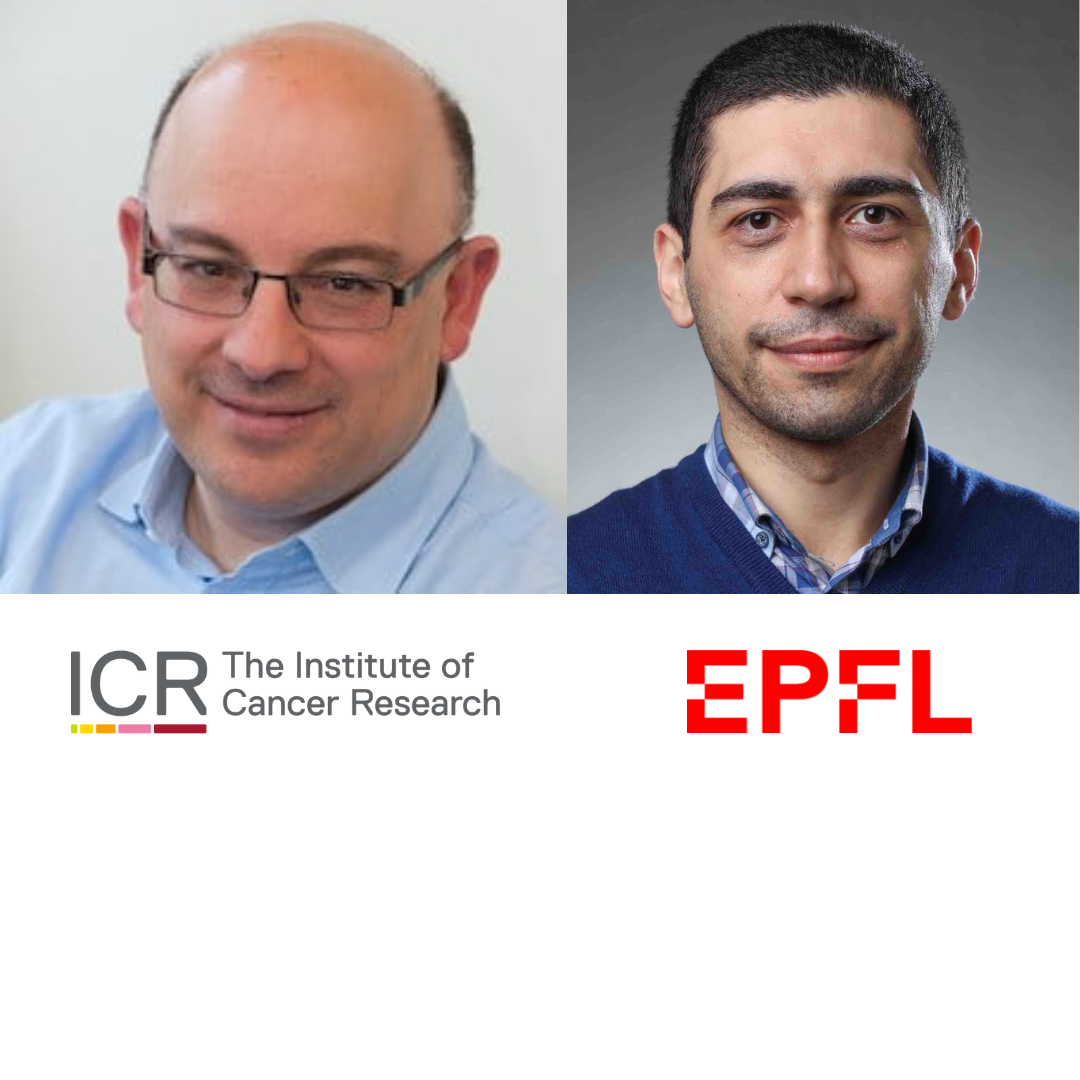

We invite you to join us online on Thursday 5th September, from 11:00 AM to 12:00 PM.
The CRUK Convergence Science Centre between Imperial College London and The Institute of Cancer Research, in collaboration with our international partners, arrange a monthly international seminar 'Converging on Cancer' on the topic of interdisciplinary cancer research. Our partners are Technical University of Munich (TUM), Nanyang Technological University (NTU), Biotech Research and Innovation Centre (BRIC - University of Copenhagen) and École Polytechnique Fédérale de Lausanne (EPFL).
On the first Thursday of each month, we bring together speakers from across these institutions to present their research and how they use convergence science to answer cancer-related questions.
Professor Johann De Bono - Divisional Head of Clinical Studies at ICR
Professor Johann de Bono, is Regius Professor of Cancer Research at The Institute of Cancer Research and honorary consultant in medical oncology at The Royal Marsden Hospital. He led on the development of abiraterone, cabazitaxel, enzalutamide, olaparib, lutetium PSMA and the molecular genomic stratification and germline sequencing of advanced prostate cancer. Professor de Bono leads the Drug Development Unit at the Royal Marsden which comprises >100 staff and conducts >50 Phase I clinical trials at any one time and runs a research laboratory. He has been involved in developing more than 200 new agents and is currently evaluating many new drugs in early clinical trials. He has published >600 papers and has mentored many PhD students.
Professor Selman Sakar from École Polytechnique Fédérale de Lausanne (EPFL). Prof Selman Sakar leads the Micro BioRobotic Systems Laboratory (MICROBS). The mission of the MICROBS Laboratory is to develop the science and techniques of microrobotics, where materials science and MEMS technology meet robotics creating the next generation intelligent systems operating in complex microenvironments. Achieving this vision enables us to make contributions in basic and applied life sciences.